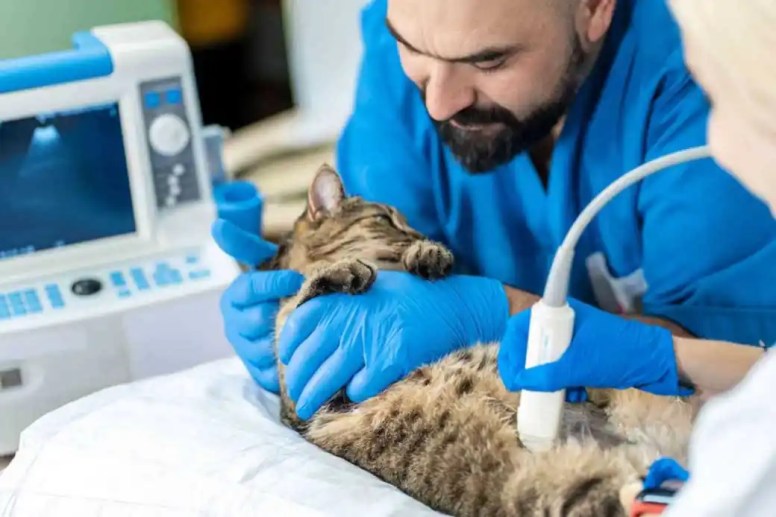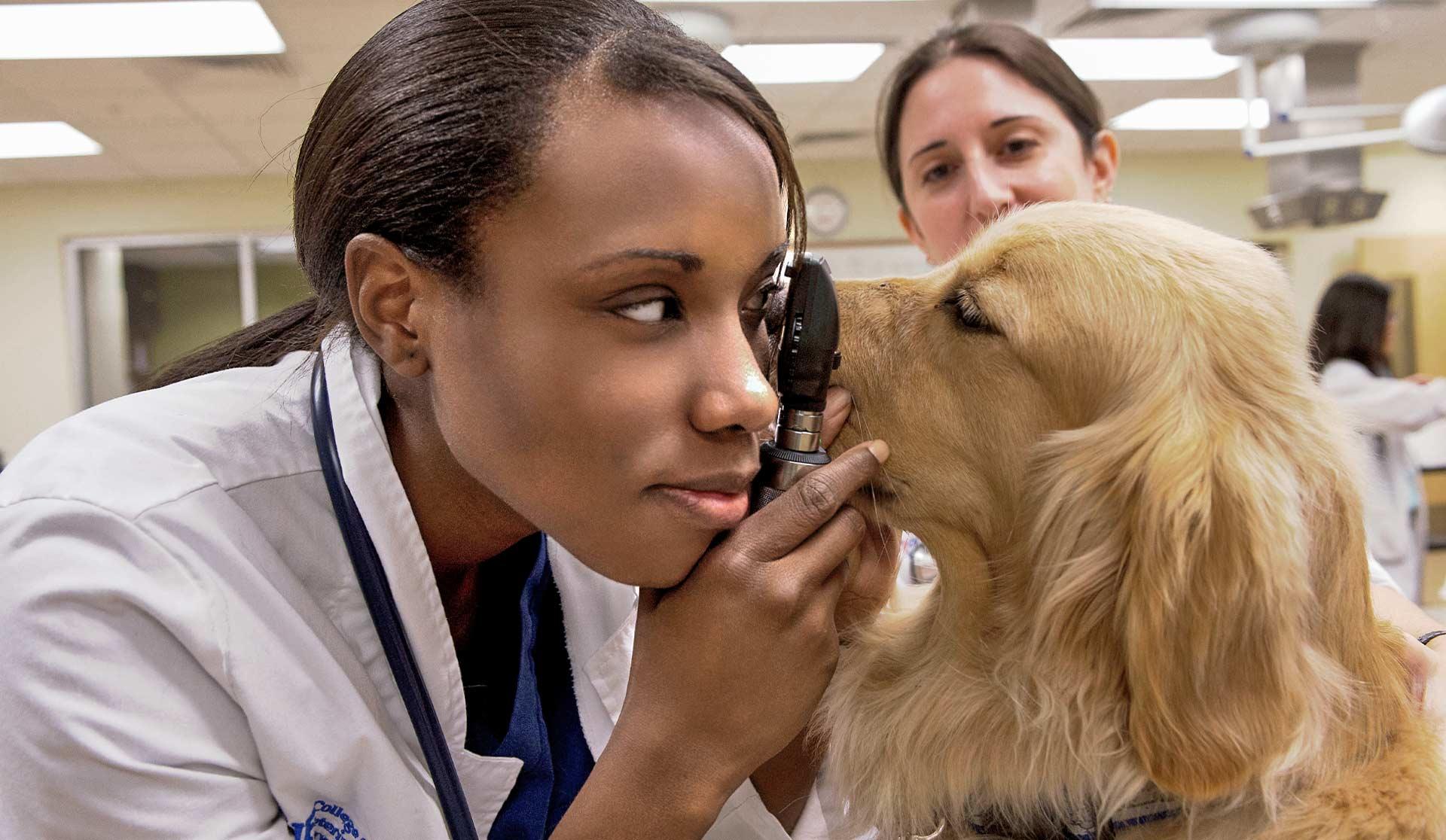Just How an Emergency Vet Can Conserve Your Pet's Life in Vital Circumstances
Just How an Emergency Vet Can Conserve Your Pet's Life in Vital Circumstances
Blog Article
Inoculation Guidelines From Your Relied On Vet
Inoculation guidelines supplied by your trusted veterinarian play a crucial role in guarding your animal's health and wellness and health. Furthermore, resolving usual mistaken beliefs surrounding injections can better improve pet dog proprietors' self-confidence in these preventative steps.

Relevance of Inoculations
Inoculations play a crucial duty in securing pets versus a series of preventable illness. By boosting the immune system to recognize and battle certain virus, vaccines dramatically reduce the occurrence of transmittable conditions that can impact an animal's health and wellness and longevity. Not just do vaccinations safeguard private animals, however they additionally add to herd resistance, thus lowering the total occurrence of conditions in the pet populace.
Prompt vaccinations help to alleviate the spread of diseases such as rabies, parvovirus, and distemper, which can have serious consequences for both people and family pets. Inoculations are often a demand for boarding facilities, brushing solutions, and dog parks, making them crucial for those who desire to socialize their family pets.

Core Vaccinations for Animals
While the certain vaccination requirements of family pets can vary based on specific aspects, core vaccines are widely advised to protect versus the most major and typical illness (Veterinarian Enterprise). Core injections are those considered important for all family pets, no matter their lifestyle or geographic area, as they guard against extremely infectious and potentially fatal illnesses
For pet dogs, the core vaccines include those for canine distemper, parvovirus, adenovirus (liver disease), and rabies. Adenovirus can result in liver disease, while rabies is a zoonotic condition that poses a risk to both family pets and human beings.
In pet cats, core injections include feline panleukopenia, feline calicivirus, feline herpesvirus (rhinotracheitis), and rabies. Feline panleukopenia is a highly transmittable viral illness that impacts the body immune system and intestinal tracts. Calicivirus and herpesvirus are significant contributors to upper respiratory system infections in pet cats, while rabies remains a crucial worry for public health.
Speak with your veterinarian to ensure your pet dogs receive their core vaccinations on schedule.
Non-Core Vaccines Explained
Non-core vaccines are customized to deal with details risks related to a pet dog's setting, exposure, and way of life to certain illness. Unlike core vaccinations, which are widely recommended for all pet dogs, non-core injections are thought about based upon individual circumstances. These vaccines are particularly essential for animals that may encounter special virus due to their geographical area, travel habits, or activities.
Examples of non-core vaccinations consist of those for Bordetella bronchiseptica, which is connected to kennel coughing, and Lyme condition, brought on by ticks. Animals that frequently connect with other animals, such as those in boarding facilities, pet dog parks, or brushing environments, may gain from Bordetella vaccination. If you live in a location where Lyme illness is widespread, vaccinating against this disease can be a prudent selection for outdoor-loving canines.
Other non-core vaccinations might consist of those for leptospirosis, canine influenza, and feline leukemia, relying on the specific risk factors present. It is necessary to have a thorough discussion with your veterinarian regarding your pet dog's lifestyle and the potential requirement for these vaccinations, making sure a customized vaccination technique that finest secures your fuzzy friend.
Vaccination Set Up Overview

As family pets develop, it is necessary to stick to the advised booster vaccinations. Pet Health Checkup. For adult pets, core injections are commonly offered every one to 3 years, depending upon the particular vaccine and neighborhood guidelines. Non-core injections might be advised based on way of life variables and regional condition occurrence, demanding a tailored approach
Normal vet examinations are essential for updating vaccination routines. Your vet can give guidance on the most suitable booster shots for your pet, factoring in age, health status, and environmental dangers. By remaining aggressive and educated, pet dog proprietors can guarantee their furry buddies get timely and efficient vaccinations, consequently securing their health and well-being throughout their lives.
Common Misconceptions Concerning Vaccinations
Mistaken beliefs regarding animal vaccinations can lead to complication and unwillingness among pet owners pertaining to the booster shot process. One widespread misconception is that vaccinations are unnecessary for interior family pets. While it holds true that indoor animals deal with lower risks, they are not entirely unsusceptible to diseases, as microorganisms can be introduced via different ways, including human clothes and other pet dogs.
One more false impression is that vaccines can cause the diseases they aim to avoid. In reality, many vaccinations contain suspended or attenuated virus, which can not trigger disease in healthy animals. Some animal owners likewise believe that their animals should not be immunized if they are currently healthy and balanced; however, vaccinations are a positive procedure that helps stop the beginning of ailment.
Furthermore, lots of family pet owners are afraid that injections will certainly lead to more information long-term health and wellness complications. While adverse effects can occur, they are momentary and generally light. The advantages of inoculation-- safeguarding pet dogs from potentially lethal illness-- much outweigh the risks. Recognizing these common myths is critical for accountable family pet ownership and guaranteeing the wellness and safety of your fuzzy buddies. Always consult your veterinarian for precise info customized to your pet dog's certain demands.
Final Thought
In recap, adherence to vaccination guidelines is essential for straight from the source making sure the wellness and longevity of animals. Eliminating typical misconceptions bordering inoculations better enhances the importance of informed decision-making in pet care.
Not only do inoculations shield individual pets, however they additionally add to herd immunity, therefore reducing the general prevalence of illness in the pet populace.
Misunderstandings about animal inoculations can lead to confusion and unwillingness amongst family pet owners regarding the immunization procedure. While it's true that indoor animals encounter lower dangers, they are not entirely immune to conditions, as virus can be introduced with different methods, consisting of human garments and other animals.
Some pet owners likewise think that their animals must not be immunized if they are already healthy and balanced; however, vaccinations are a positive action that helps protect against the onset of disease.
The advantages of inoculation-- protecting family pets from possibly lethal conditions-- far outweigh the dangers.
Report this page